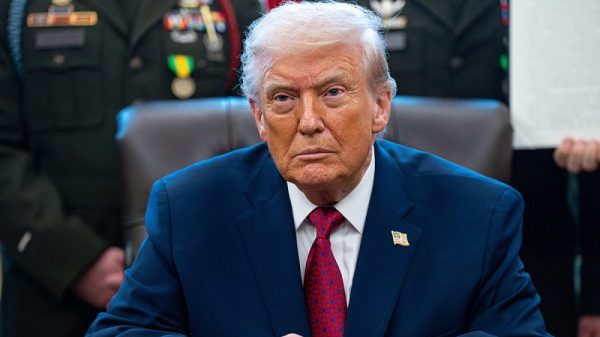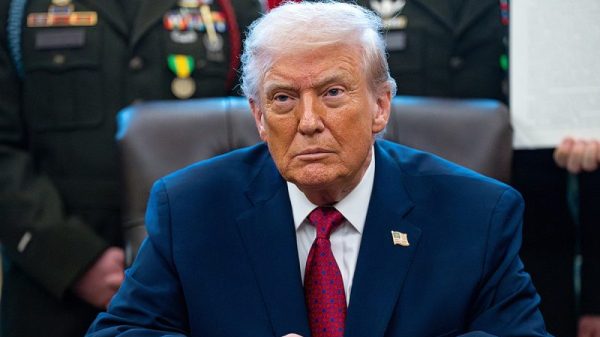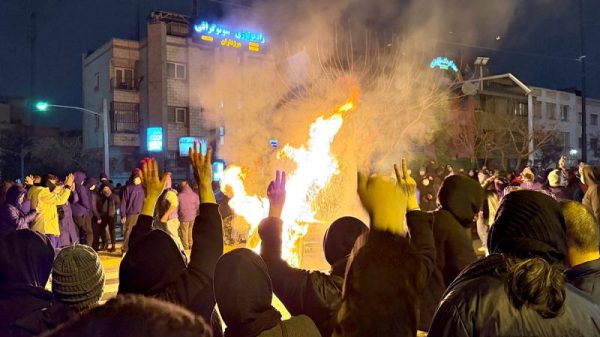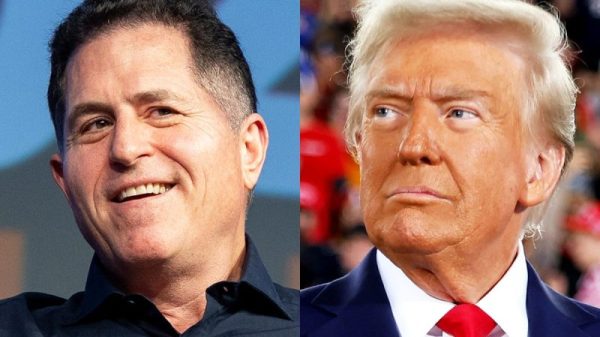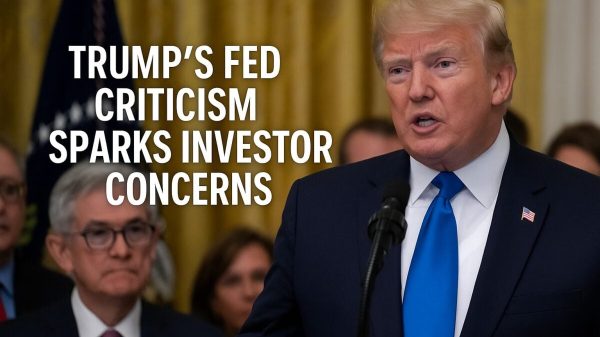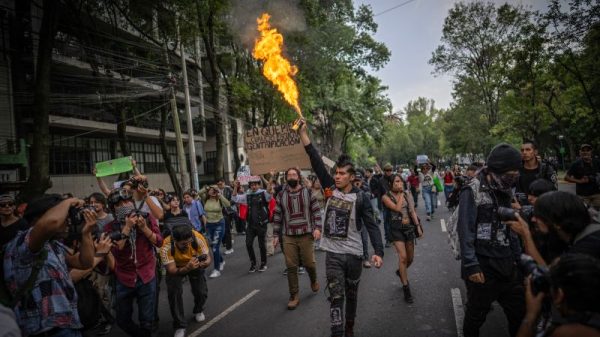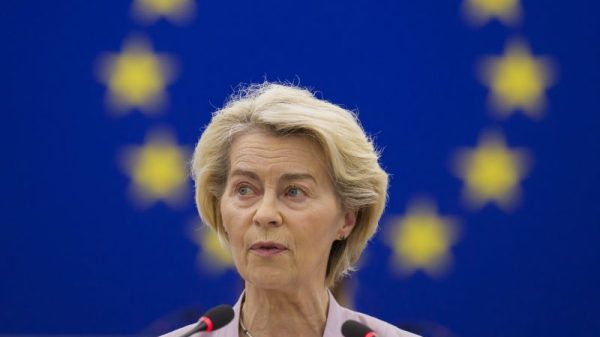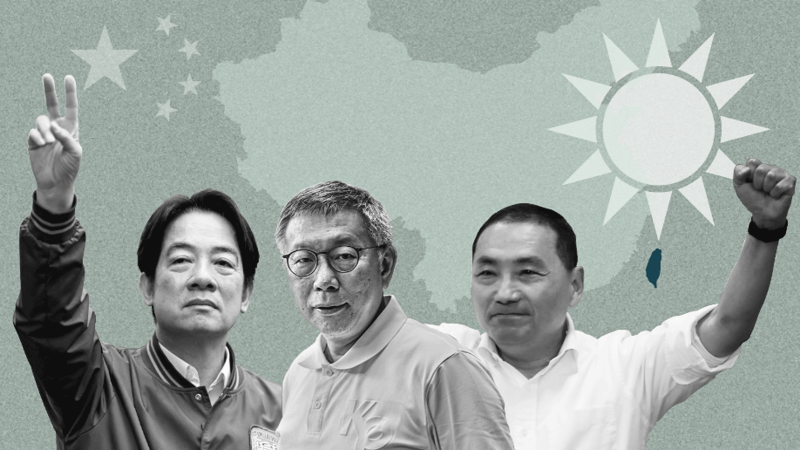Voters will head to the polls in Taiwan on January 13 to elect a new president and parliament amid increasing tensions between the self-governing island and China, which has ramped up its military presence in the Taiwan Strait and South China Sea in recent years.
Taiwanese voters will chose a new leader to succeed Tsai Ing-wen, Taiwan’s first female president who is finishing her second term after winning elections in 2016 and 2020. Tsai is a member of the Democratic Progressive Party (DPP), which is loathed by China’s Communist leaders because it views Taiwan as a sovereign nation – instead of being part of China as claimed by Beijing. She cannot run again due to term limits.
The candidates
Voters will be choosing their president from three candidates. A fourth potential contender, billionaire Terry Gou, the founder of Apple’s major supplier Foxconn, withdrew hours before the deadline to formally register as a candidate.
The opposition comprises Kuomintang (KMT), the Chinese nationalist party that fled to Taiwan in 1949 after losing a civil war and ruled the island with an iron fist for almost 40 years, and the Taiwan People’s Party (TPP), a centrist alternative party founded only in 2019. They failed to join forces to run against the ruling DPP after their leaders quarreled on live television and ended up registering separate presidential bids.
Past elections
After shaking off decades of KMT-imposed martial law, Taiwan held its first direct presidential election in 1996. Since then, only candidates from the two major parties – the KMT and the DPP – have captured the presidency.
Taiwan’s presidential elections are won by simple majority of votes and take place every four years. The presidency has a two-term limit.
On Saturday, citizens will choose their president for the eighth time in a three-way race without a clear favorite.
Taiwanese election base
Nearly 20 million people in Taiwan are eligible to cast their ballots in the presidential election across almost 18,000 voting stations. Around 1 million will be first-time voters.
The issue of identity – tied to Taipei’s tense relationship with Beijing – has been one of the most significant political divisions on the island, and studies show it was closely linked to voting patterns in previous elections.
China’s ruling Chinese Communist Party (CCP) views Taiwan as part of its territory, despite having never controlled it. The CCP has long vowed to “reunify” the island with the Chinese mainland, by force if necessary.
Since 1992, the National Chengchi University’s Election Study Center conducted polls asking adult residents about their national identity. Over the past decade, a growing majority of respondents have identified solely as Taiwanese.

